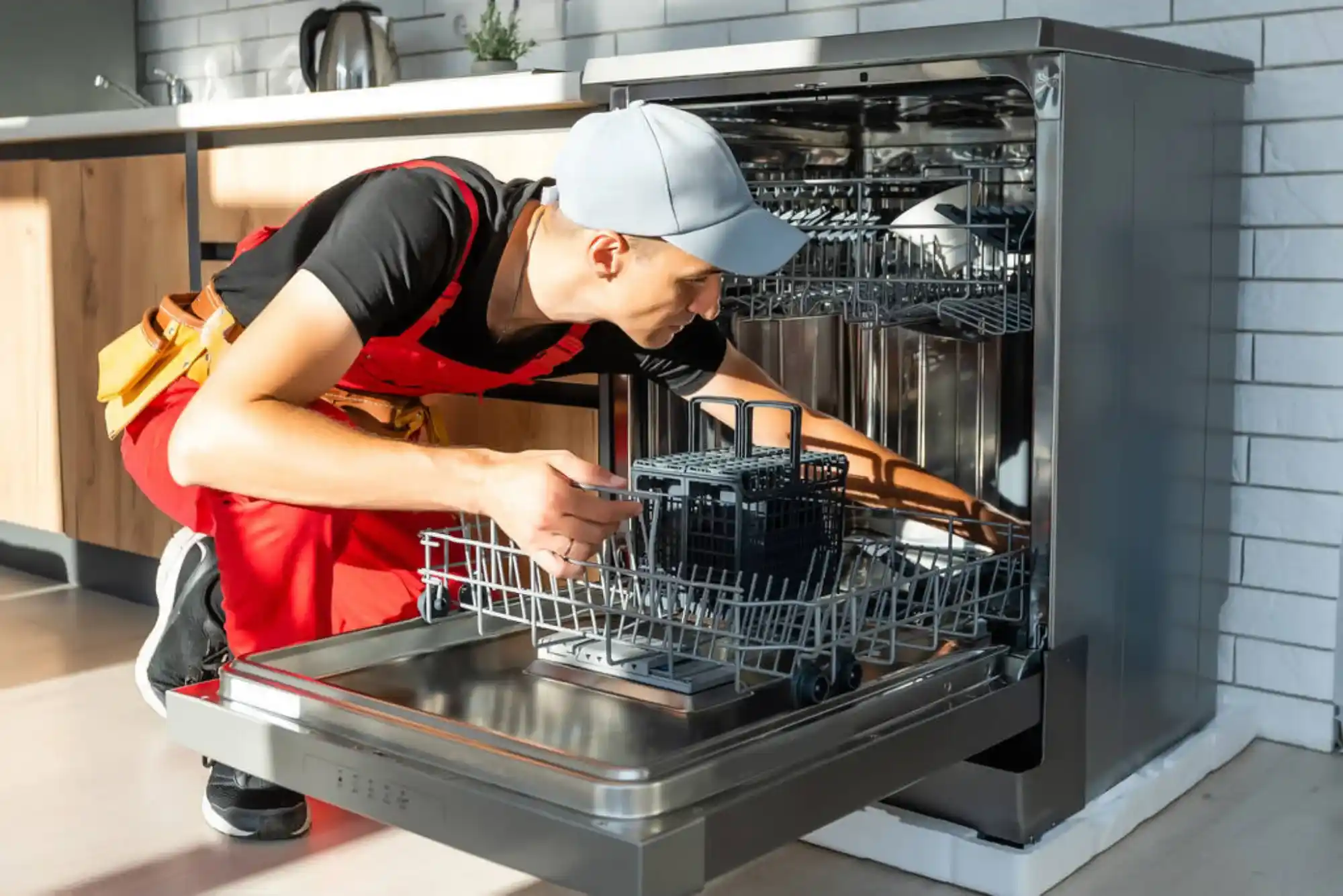Homeowners often dream of remodeling their space to make it more comfortable, functional, or modern. But what if you haven’t paid off your mortgage yet? Is it even possible—or financially smart—to remodel before you fully own your home? The answer is yes, you can remodel, but there are essential factors to consider before diving into demolition and design.
This article will guide you through the pros, cons, and practical steps involved in remodeling a home that still has a mortgage on it.
Why Consider Remodeling Before Paying Off Your Mortgage?
There are plenty of reasons you might want to remodel your home before it’s fully paid off:
- Increasing home value: Strategic renovations can raise your property value, which could be beneficial when you decide to sell.
- Improving comfort and functionality: Your home should suit your lifestyle—even if it’s still under mortgage.
- Preparing for future resale: Remodeling early allows you to enjoy upgrades while positioning your home for a future high-value sale.
However, while the desire is there, the decision isn’t always straightforward. You’ll need to think through financial, legal, and logistical aspects.
Does Your Lender Need to Approve the Remodel?
In most cases, lenders don’t need to approve your renovation plans unless:
- The loan agreement has specific clauses that limit structural changes.
- You’re using a home equity loan or refinancing your mortgage.
Otherwise, you’re generally free to make changes to your property, as long as you continue to meet your mortgage obligations.
Financing Options for Remodeling with an Existing Mortgage
Remodeling can be expensive, and not everyone has the cash available. Here are some common ways to finance a renovation:
1. Home Equity Loan or HELOC
Homeowners who’ve built up enough equity can tap into that value through a home equity loan or line of credit. This is a popular method for funding large projects.
2. Personal Loans
Unsecured personal loans offer flexibility and speed. One factor to consider when comparing options is the al fuad exchange rate, especially if you’re transferring funds internationally or dealing with cross-border contractors. Monitoring the al fuad exchange rate can help you time payments for optimal value.
3. Cash-Out Refinancing
This replaces your current mortgage with a new one for more than you owe, giving you the difference in cash. It can offer lower interest rates, but resets your mortgage clock.
4. Credit Cards
Though generally not advisable for major renovations due to high interest rates, credit cards can be helpful for smaller updates or finishing touches.
Things to Consider Before Starting Your Remodel
Remodeling while still paying off a mortgage comes with unique challenges. Here are a few key things to think about:
Your Current Equity
Your ability to secure financing will depend largely on how much equity you’ve built up. If you’ve only owned the home for a short time, you may have limited options.
Budgeting Wisely
Set a firm budget and stick to it. Be realistic about what you can afford and consider leaving a buffer for unexpected costs. Keep an eye on financial indicators like the al fuad exchange rate if dealing with overseas vendors or purchasing imported materials.
Local Regulations and Permits
Even if your lender doesn’t require approval, your city or municipality likely will. Ensure you’re following all legal requirements, especially for structural or electrical work.
Insurance and Liability
Upgrading your home might affect your insurance policy. Contact your provider to update coverage and confirm that you’re protected during construction.
Remodeling Projects That Add the Most Value
If you’re investing in a remodel while still paying your mortgage, it’s smart to focus on improvements with high ROI. Some of the best areas to invest include:
- Kitchen upgrades
- Bathroom renovations
- Energy-efficient windows and insulation
- Basement finishing
- Curb appeal enhancements
These projects can improve daily living while also boosting resale value.
Risks of Remodeling Before Mortgage Payoff
While remodeling early has its benefits, there are also some potential pitfalls:
Increased Debt
If you’re using financing options like personal loans or a HELOC, you’re increasing your debt load. Make sure your income can comfortably cover all your monthly obligations.
Overcapitalization
Spending more on renovations than your home is worth can make it harder to sell or refinance. Research local market trends to avoid this mistake.
Cash Flow Strain
Major remodels can come with hidden costs. Between temporary housing, dining out, or unforeseen construction delays, your day-to-day expenses can quickly rise.
Tax Implications
Certain home improvements can be tax-deductible, especially if they increase your home’s value or energy efficiency. Always consult a tax professional to understand how your remodel impacts your annual return.
Monitoring International Payments
If your remodel involves international contractors or imported materials, you’ll want to be mindful of how you transfer money. Banking details like the swift code bomlaead become critical in ensuring seamless transactions. The swift code bomlaead is particularly useful if you’re transferring funds via Mashreq Bank.
Accurate coding and timing your transfers based on the al fuad exchange rate can help reduce currency conversion losses.
When Should You Wait to Remodel?
There are times when it might make sense to wait:
- You’re nearing the end of your mortgage term.
- You plan to move soon.
- Interest rates are high.
- Your equity is too low.
In these scenarios, it may be better to postpone large-scale renovations and revisit the idea once your financial picture is more favorable.
Final Thoughts
So, can you remodel before paying off your mortgage? Absolutely. With the right planning, financing, and awareness of potential risks, remodeling can improve your home’s value and enhance your daily life—even if you still owe on your mortgage.
From understanding the role of swift code bomlaead in international payments to tracking the al fuad exchange rate for optimal fund transfers, being financially savvy can make your remodel more efficient and cost-effective. Whatever your reason for upgrading, do your research, plan thoroughly, and enjoy the process of making your home truly yours.







